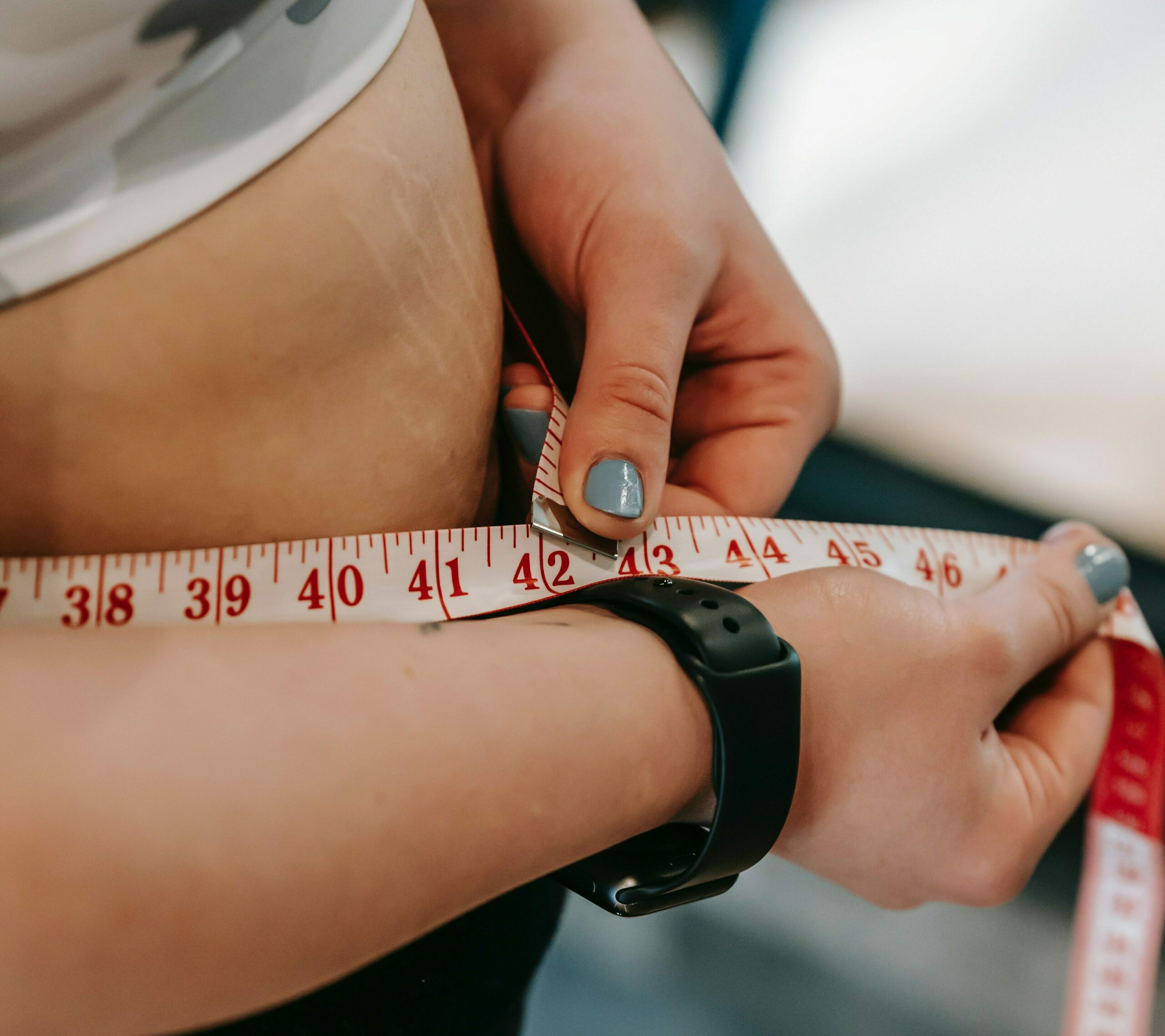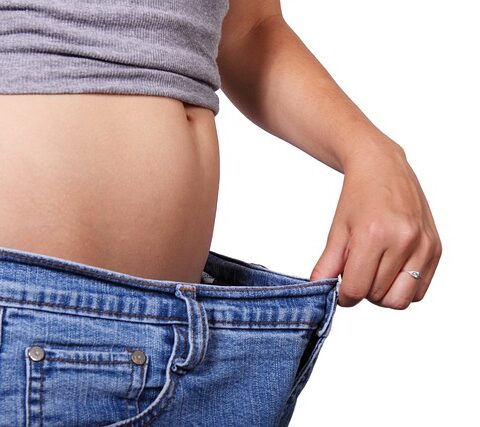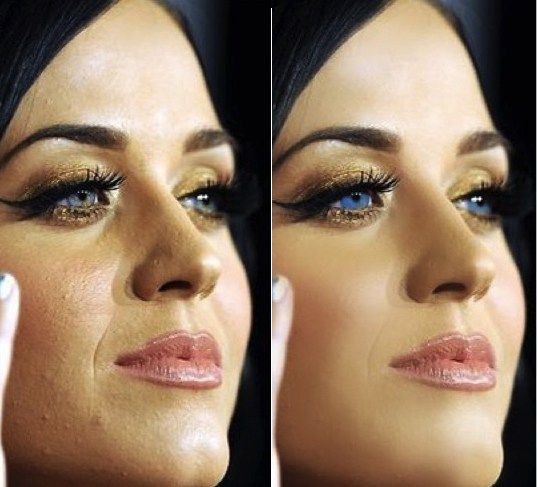BODY IMAGE



Fad diets are diet regimens that are promoted as the fastest and easiest way to lose weight. Several of these diets involve avoiding foods that provide essential nutrients your body requires to stay healthy. Diets that are high in fat, low in carbohydrates, or high in protein may also be included. They eliminate vital nutrient sources, such as grains. Alternatively, some elements, such as lectins, are eliminated. You can develop significant health problems if you do not get enough of these nutrients.
Some people advise you to avoid particular foods at various times of the day. The proportions of the food groups that these diets allow are far above or far below those suggested by major health organizations such as the American Heart Association, the American Diabetes Association, and the Academy of Nutrition and Dietetics—as well as the surgeon general and the U.S.

Body Image is a combination of the thoughts and feelings that you have about your body. It also refers to how an individual sees their own body and the feelings associated with perception.
With the rise of technology, pop culture is all around us all the time. Pop culture influences how people think about themselves because it has to do with fashion, entertainment, education, movies, food, news, and advertising. Pop culture changes body image in both positive and negative ways. People who have negative body image are more vulnerable to developing disorders such as eating.
Body Dysmorphic Disorder (BDD)
This has to do with how one is worried or preoccupied about a perceived flaw in their appearance. This disorder shares some features with eating disorders and obsessive-compulsive disorder. BDD can consume one’s thinking about their appearance which can make one feel anxious, embarrassed, and ashamed. It can also lead to harmful behaviours to change one’s appearance. Some examples of concerns are being worried about our body hair, breast size, muscle size, baldness, skin complexion, and facial features.
Muscle Dysmorphic Disorder (MDD)
This disorder is almost associated with BDD. It is when one worries excessively about their muscularity and muscle size. This disorder can be experienced by any gender and people participating in sports and training environments. It affects one’s thoughts and behaviour in problematic ways. People with this disorder believe that their bodies are small and weak. It can become all-consuming, impacting all aspects of a person’s life and leading to serious health consequences.
Photoshopping has been something that people have been talking about for many years. When you think of photoshop; advertising, models, and magazines are usually the first things that come to mind, correct? Most of us don’t typically talk about the darker side of photoshop and the effects it has on today’s society.
Impact from celebrities
Celebrities such as the Kardashians and other influencers have been well-known for manipulating their photographs for many years now, it has been very prevalent in mainstream media how often it happens. However, this can be troubling to the consumer as it paints an unrealistic picture, and it has created an unattainable culture that does not exist. Yet, there have been many celebrities that have spoken out against having their photos retouched, Kate Winslet had a “No Photoshop” clause in her most recent campaign with L’Oréal. Zendaya also spoke out in 2015 of how her legs and torso were visibly reduced during a photoshoot, the photos were then removed.
Social Media
It is very scary in this new age of media with the popularity of apps such as Instagram, we see people posting the best of the best, but the part that we aren’t seeing is the alterations being made to these images. People only strive for perfection as they don’t want their followers to see the more “genuine” side of them. We want to encourage people to authentically be themselves when posting to social media.
- CITATIONS
- Pinterest.com
- https://unsplash.com/photos/KD3XqquHlcc
- https://www.pexels.com/photo/plus-size-woman-measuring-belly-6551068/
- https://www.pexels.com/photo/person-holding-a-bowl-of-cooked-vegetables-11594547/
- What Are The Effects Of Photoshop On Society? – Brendan Williams Creative
- The Body Image Issue We Don’t Talk About | Verily Magazine
- Here’s how retouched photos impact our mental health | Business Insider
- https://www.webmd.com/mental-health/what-is-muscle-dysmorphia



